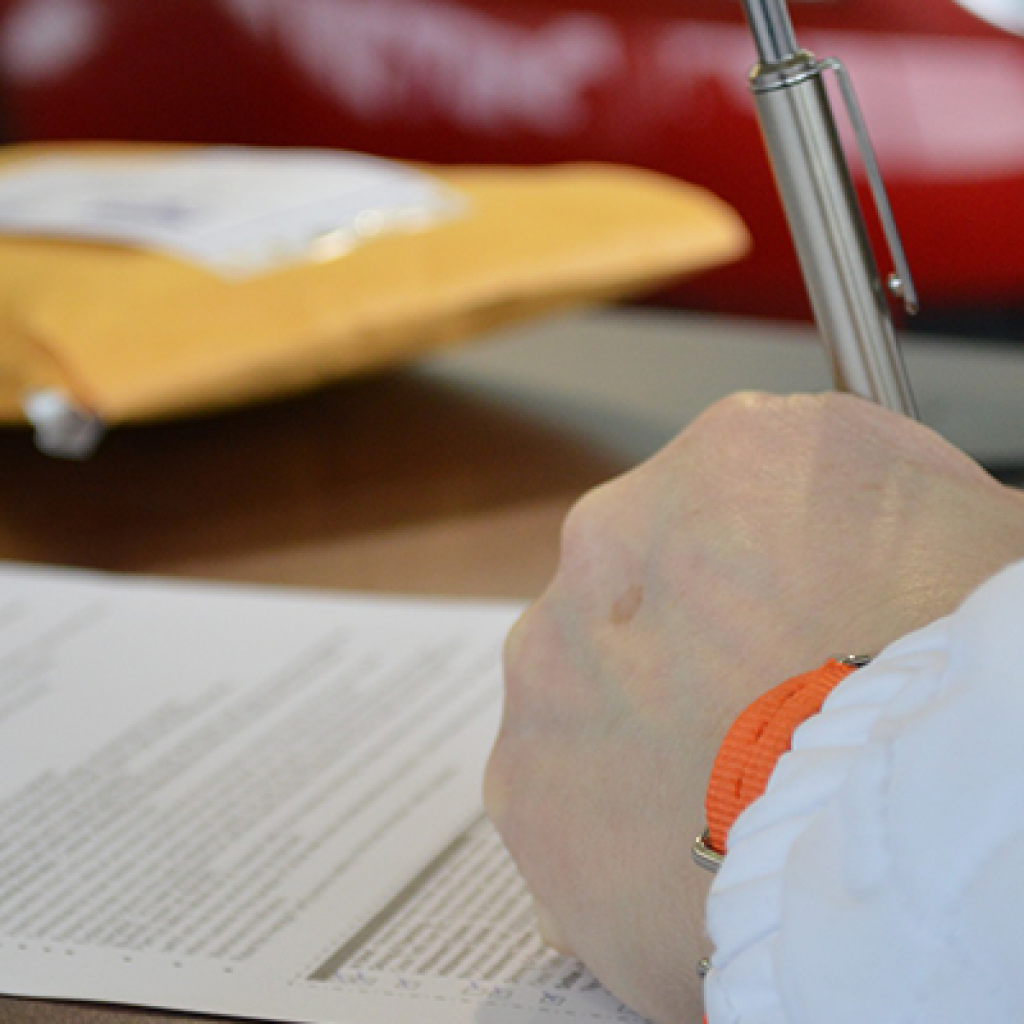The recent election outcome has resulted in a strong and immediate recommencement of escalating asking prices, following increased buyer demand after the election re-established certainty over forthcoming economic, taxation and housing policies. House prices have now reached record highs following the Conservatives election victory, but hopes for a similar boost to housing supply has been misjudged.
Asking prices increased by 3% between May and June as the stabilisation following the election result seems to have caused a significant upturn in buyer demand. This is in comparison to the previous month, where election uncertainty meant asking prices dropped by 0.1%. However, they are now firmly back on the rise, with asking prices hitting record highs.
The average asking price in England and Wales now rests at £294,351 – a staggering increase of almost £8,500 in just one month. Rightmove confirmed this growth after reporting their busiest ever May with 115 million visits, or the equivalent of every adult in the UK visiting the website twice.
This surge to buy houses after the election, however, has not been matched by an increase in the supply of homes. It appears that there is a significantly greater volume of consumers wanting to buy a house, but less properties appearing on the market. This makes it seem inevitable that the prices sellers are asking for will remain on the rise, as greater housing competition looks set to increase the amount investors and consumers are willing to pay for their purchase.
While it is evident that many purchasers were waiting to buy post-election, the expectations that homeowners were waiting to sell appears to be misplaced. New instructions on the market appear to have dropped, threatening to make a financially stretched market even more expensive.
Statistics from the Royal Institution of Chartered Surveyors (RICS) show the average stock of houses has continued to fall – now sitting 12% lower than at the beginning of 2015. These statistics suggest that the supply of homes has plunged to the lowest levels since records began 37 years ago. Subsequently, it is hardly surprising that we are experiencing rising asking prices, as the gap between property supply and demand grows larger.
This trend looks set to continue, with prices anticipated to rise another 25% over the next five years.
Simon Rubinsohn, RICS Chief Economist, said:
“There had been some hope that the removal of political uncertainty would encourage more properties onto the market but the initial indications are that this is not the case. As a result, it is hardly surprising that prices across much of the country are continuing to be squeezed higher with property set to become ever more unaffordable.
“Indeed the feedback we are getting in the survey, which points to prices at a headline rising by another 25% over the next five years, suggests that there is no real confidence that the measures necessary to deliver a meaningful boost to new supply will be put in place anytime soon.”
It seems there needs to be a long term comprehensive plan by the government to push forward with increasing housing supply, before ever-growing house prices force more people out of the market or into financially perilous mortgages.
Would you agree that an escalating gap between asking prices and housing supply can only be bad news for the market? What danger might this have on transaction levels?




















